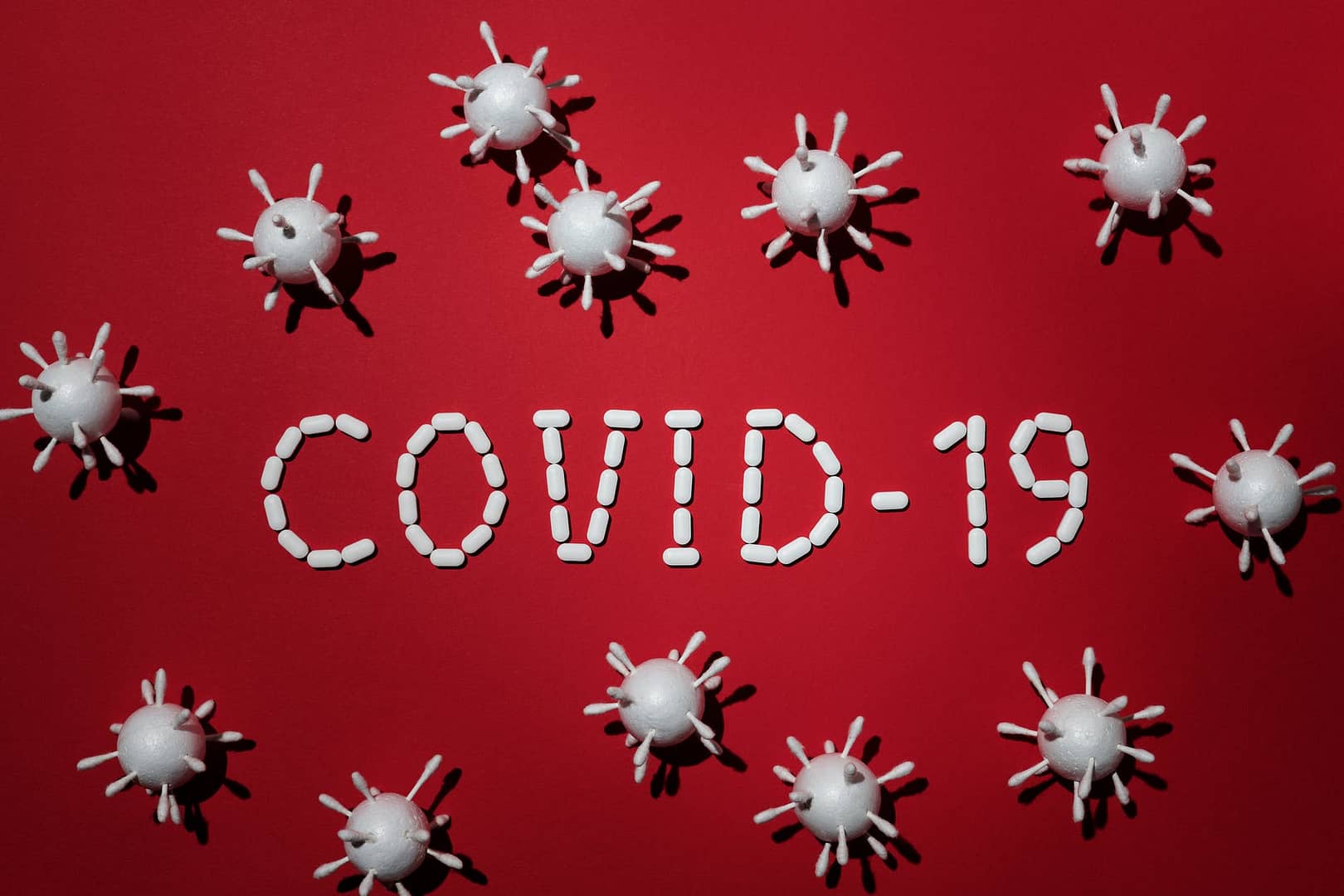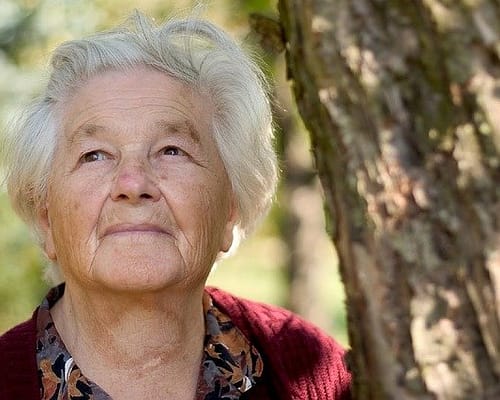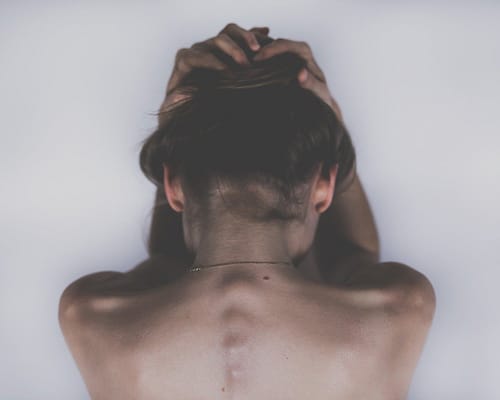
Monoclonal antibodies: Trials begin in UK
A new treatment using monoclonal antibodies is ready to go under trial on Covid-19 patients in UK hospitals.
Monoclonal antibodies are important, laboratory made antibodies, given to 2000 patients to determine their effectiveness against Coronavirus. It is a part of the UK Recovery trial, which affirms that Dexamethasone can save the lives of people suffering from Covid-19.
The trial will start in the next weeks.
According to Professor Martin Landray, working for University of Oxford and co-leading the trial, said, “This is the first type of treatment that’s targeted for this specific virus. There are lots of good reasons for thinking it might well be effective – stopping the virus from reproducing, stopping the virus from causing damage, improving survival for patients.
We need to know, and the way to know is to do the trials that will tell us whether that hope turns into reality.”
What are Monoclonal antibodies and how they work?
Antibodies are labelled as defenders of the immune system. When a virus enters the body, they work as a first defence line and attach to the spike of the virus, blocking it to penetrate the cells.
Human body produces a number of different types of antibodies. One of the most potent types of antibodies are called neutralising antibodies. Therefore, scientists have filtered and worked on these antibodies to find the one that sticks best to the spike.
Then antibody is made to multiply in the laboratory leading to bulk production and will be given to the patients to boost the immune response.
Which Monoclonal antibodies are selected for the trial?
A mixture of two monoclonal antibodies made by US biotech company REGENERON will be tested I this trial. These antibodies attach to the spike of virus at two different places – which gives the benefit of remain attached at least at one point, even after virus mutates.
Regeneron has also produced monoclonal antibodies which treat Ebola.
Leah Lipsich, vice president of Regeneron, said: “We’re hoping that we can springboard from that very effective result against Ebola to something that’s just as effective with Covid-19.”
How will the trial work?
The UK Recovery Trial was set up at the begining of the pandemic to identify treatments that can work for admitted to hospital with Covid-19.
It has already established that the steroid dexamethasone reduces the risk of death for patients on ventilators, and also works for those on oxygen.
Patients will be given monoclonal antibodies in the next few weeks in this trial, and the results will be compared with patients who have not been given these antibodies.
Prof Landray expects that about 2,000 people in each group will be needed to answer key questions.
He said: “We need to understand not only if these treatments work. We also need to understand in whom do they work, and in whom do they work best.
“Do they work in people who are older or younger? Do they work in people with more severe or milder disease? Do they work in people only when they’re on ventilators or, possibly more likely, before they ever need ventilators?”
The results will also be compared with patients receiving donated plasma from recovered Covid 19 patients, another treatment currently under trials by the Recovery team.
The Recovery Trial is also considering azithromycin, a commonly used antibiotic, and tocilizumab, an anti-inflammatory treatment.
What are other diseases for which monoclonal antibodies used for?
Monoclonal antibodies have played an important clinical role since the 1980s, and are used to treat various diseases such as many types of cancer.
But a drawback prevails that they are a relatively new technology so it’s going to be expensive. Although the price has not yet been fixed.
But Prof Landray says if it works, fair access to all patients, internationally, is an issue that needs to be considered.
Do treatments are still important even if we have a vaccine?
Many vaccines are entering the final phase of trials, but there are no chances of them to roll out in markrt for patients any time soon.
On the other hand, Covid cases are continuously rising and people are still being hospitalised and dying.
Despite Dexamethasone and another cheap steroid, hydrocortisone, there are no other clinically proven drugs for Covid-19. In these circumstances finding new vaccines and treatments to help patients is inevitable.
But even once we developed the vaccine, treatments will have their importance.
Leah Lipsich, from Regeneron, said: “There will be populations – the immunocompromised, the elderly – who may not mount a sufficient immune response to a vaccine and will require treatment.
“And we feel very strongly that these highly potent neutralising antibodies really will help boost the immune response, and will always be needed even even when a vaccine is available.”





